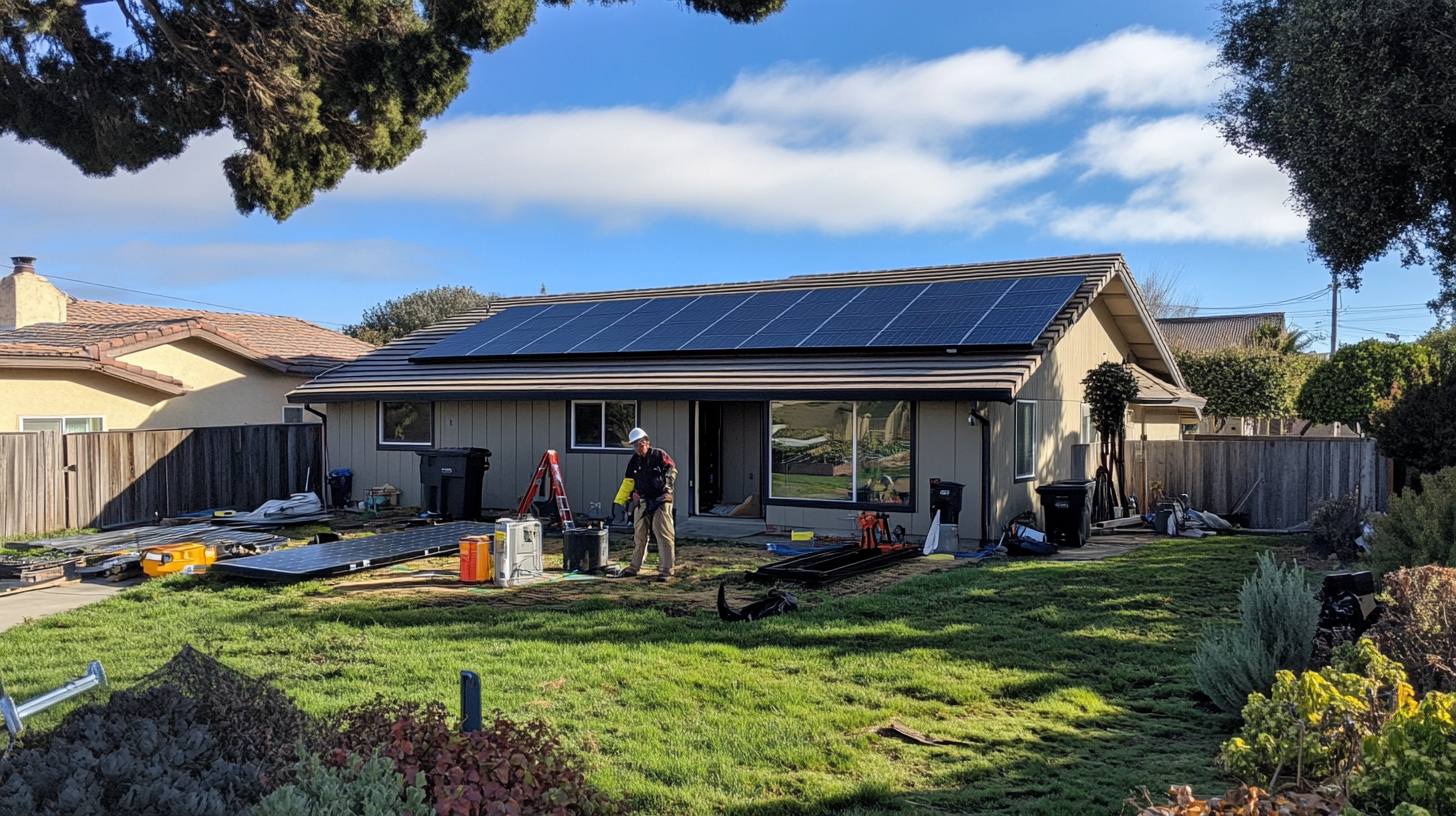
The hidden obstacles in Germany: Why your solar system still has to wait after installation - Image: Xpert.Digital
Solar system installation: The invisible obstacles on the way to clean energy
From installation to operation: Why your solar system is on the waiting list
The solar system boom in Germany is undoubtedly an important step towards a more sustainable energy supply. More and more households and companies are investing in photovoltaic systems in order to benefit from the advantages of clean energy and reduce their electricity costs. But behind the shiny facade of growth lies a lesser-known reality: Not every solar system that is installed can be operated immediately. Numerous challenges, from a lack of master electricians to delays by network operators, mean that the systems often remain unused for months.
Problems during commissioning: What’s going wrong?
1. Installation without a master electrician
In Germany, solar systems can theoretically be installed by any craft business, even without a master's degree. However, the real problem arises when it comes to the network connection. The connection to the public power grid is subject to strict regulations and may only be carried out by an approved specialist company. If such operation is missing, the system remains unused despite complete assembly.
2. Rejection by local electricians
Another obstacle occurs when local electricians refuse to accept or connect a system installed by another provider to the grid. This refusal usually has two main reasons:
- Liability issues: Electricians fear being held responsible for defects caused by the original installation in the event of damage.
- Uneconomical: For many electricians, connecting a third-party system is not very profitable. They prefer to handle the entire process from installation to commissioning themselves as this allows them to achieve higher margins.
3. Delays caused by network operators
Even if a master electrician is found who is willing to connect the system, delays are not uncommon. The reason: Grid operators have to check and approve every new solar system before it goes on the grid. However, many operators are overloaded, which significantly increases waiting times. In addition, in some regions there are bottlenecks in the power grid, which delays the connection or requires adjustments to the grid.
“Turnkey systems” – a term with pitfalls
Many providers advertise “turnkey solar systems,” a term that suggests that the buyer does not have to do anything after installation. But in practice this often just means that the system is installed - the connection to the power grid often remains open. The system may not be connected to the grid in Germany without commissioning by a certified master electrician. This leads to an unsatisfactory situation: the investment has been made, but the promised savings and ecological benefits are a long time coming.
Why local electricians are often hesitant
The refusal of local electricians to connect third-party systems is a central point in the current solar system boom. The reasons are complex:
Liability risks
Electricians who connect a solar system to the grid have a certain responsibility for the system to function properly. Even if the customer refrains from demanding guarantees, many specialist companies find themselves exposed to a high liability risk. A fault in the system, such as poor cabling or a defect, could result in high follow-up costs - a risk that many do not want to take.
Missing documentation
Another problem is that many installers do not provide sufficient documentation. Without detailed installation documentation, it is difficult for the electrician to check the safety and functionality of the system.
Economic considerations
For many electricians, connecting someone else's system is simply not lucrative. The income from the connection alone often does not justify the effort and risks. That's why many companies prefer complete orders where they can take care of everything from installation to commissioning.
Delays caused by network operators
The network operators play a crucial role in the commissioning of solar systems. But there are numerous challenges here too:
Operator overload
Many network operators are overwhelmed by the increase in new solar systems. Processing applications often takes months.
Regional differences
In some regions the power grid is already at its capacity limit. New solar systems can only be connected if grid reinforcements are carried out beforehand. This results in additional costs and delays.
Bureaucratic hurdles
Approval by the network operator requires extensive documentation and testing, which further prolongs the process.
What can consumers do?
The problems when commissioning solar systems are annoying, but not unsolvable. With forward-looking planning and clear agreements, many stumbling blocks can be avoided.
Early planning
Before installation, customers should inquire whether a master electrician is available who can remove and connect the system. It is advisable to record this step in the contract with the installer to prevent later conflicts.
Transparent communication
Open communication with all parties involved – installer, electrician and network operator – is crucial. Clarify early on who is responsible for which tasks and get assurances in writing.
Specialized service providers
There are now service providers who specialize in the acceptance and commissioning of solar systems. These experts take care of the network connection and communication with the network operator, which makes the process much easier.
Check network capacity
Before installation, it makes sense to find out about the capacity of the local power grid from the network operator. In areas with high utilization, it may be advisable to consider alternative solutions such as battery storage or self-consumption optimization.
Suitable for:
